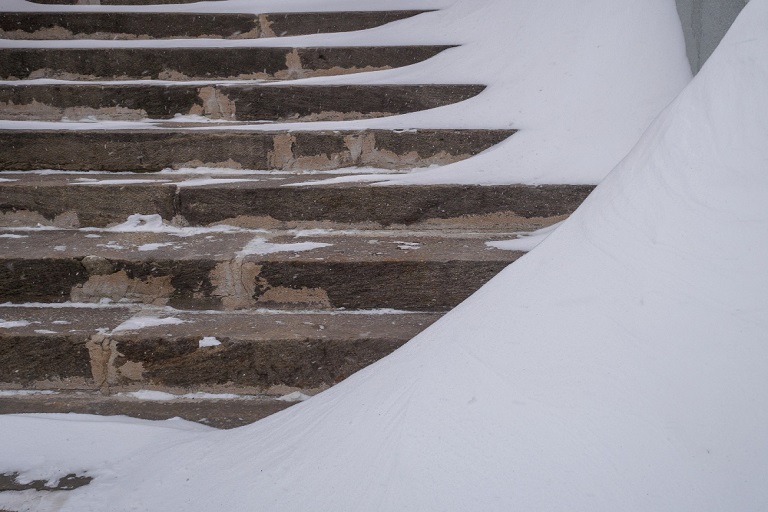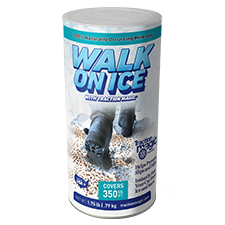Your Newly Installed Concrete Driveway Can Fail – Take These Measures

If you’ve just had a concrete driveway installed, it might seem like an exciting new addition to your home. However, there’s a lot more to it than meets the eye. It will take some time for this type of pavement to cure properly, and if you don’t take care of the concrete correctly during this period, you may end up with problems down the line.

Here are some precautions that will help ensure your newly installed concrete driveway lasts as long as possible:
Allow The Concrete To Cure
Allow the concrete to cure for at least 28 days. A properly cured concrete is strong and more durable. It is less likely to crack and stain, chip, or peel.
Avoid Heavy Traffic During The First Few Weeks
Avoid heavy traffic during the first few weeks. During this time, you should not drive, park, walk, or play sports over it. Also, avoid washing your car over it. For best results, refrain from doing anything at all!
Seal The Concrete
After you’ve installed your new concrete driveway, give it a few days to cure. It’s very important to wait until the concrete has cured before sealing it. If you seal the concrete too soon, it will be difficult for the sealer to bond with the surface of your driveway. It can cause cracking or chipping after some time, which is not what you want on your beautiful new driveway!
After waiting at least one week, apply one coat of water-based penetrating sealer (like this one). It will help prevent stains from oil or grime left behind by cars driving over your freshly laid concrete surface.
Apply Sealer Regularly
You should apply sealer every three months. For the first year, it’s a good idea to apply sealer once a month. After that, you can cut back to every three months. When concrete is new, it’s crucial to protect it from stains and water damage by using a sealer layer on top of your driveway. The sealer will also help extend the life of your driveway by protecting against UV rays and other elements that could potentially damage your driveway over time if left untreated.
Use Chloride-Free Ice Melt For Concrete Surfaces
Chloride-based ice melt damage concrete. Salt can cause damage to your concrete driveway. Salt can:
- Cause cracks in the concrete
- Stain the concrete
- Spall (flakes) off of the surface of your driveway
- Create efflorescence; this is when salts seep into pores in the concrete and crystallize on contact with moisture.
Safe Thaw contains no salt or calcium chloride and is the best ice melt for concrete surfaces. Safe Thaw is a urea-modified product with special surfactants, glycols, ice melting boosters, and inhibitors. It reduces the risk of any injury caused by slipping, skidding, or falling on ice. The quick-acting ingredients are ideal for pre-application and post-application on snow and icy surfaces. If you were to look for a concrete safe de-icer, Safe Thaw provides you respite, among others available in the market.
It Is Important To Be Gentle With New Concrete
Now, you have a new concrete driveway. It means that you have a nice, smooth surface to drive on now. However, it’s important not to just jump in your car and take off because that can cause more damage than good.
You must be gentle with your new concrete driveway at first because it needs time to cure before being used heavily or exposed to elements like rain and snowfall. If you try driving on the driveway too soon after the installation then it could result in cracks forming in the concrete.
100% Salt & Chloride-Free Ice Melt for Winter Storm Protection.
Try Also Our Other Winter Safety Products:
Safe Paw
The Original and #1 Selling Pet and Child Safe Ice Melt for over 20 years. Guaranteed environmentally safe –It won’t harm animals or children, and it won’t damage your property. That’s Safe Paw. Safe Paw can change how winter affects our planet.

Walk On Ice
The handy disposable canister can be taken everywhere, with the same 100% naturally occurring minerals that provide instant traction on ice or snow. Use it on sidewalks, steps, or as an instant traction agent for your car.


